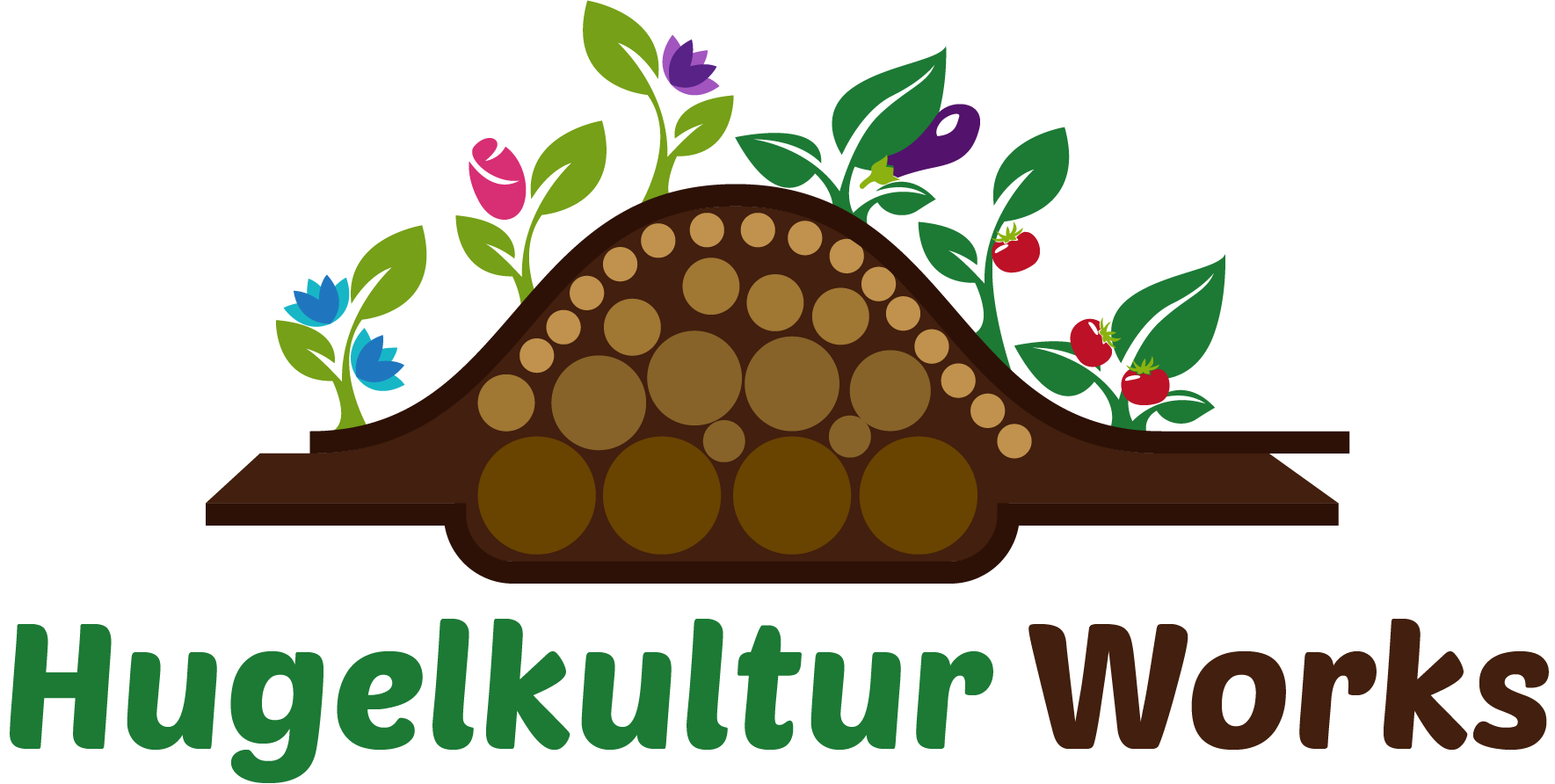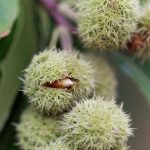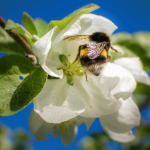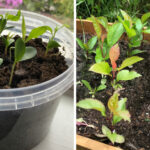Sunflowers are Nature’s Soil Engineers and Pollinator Magnets
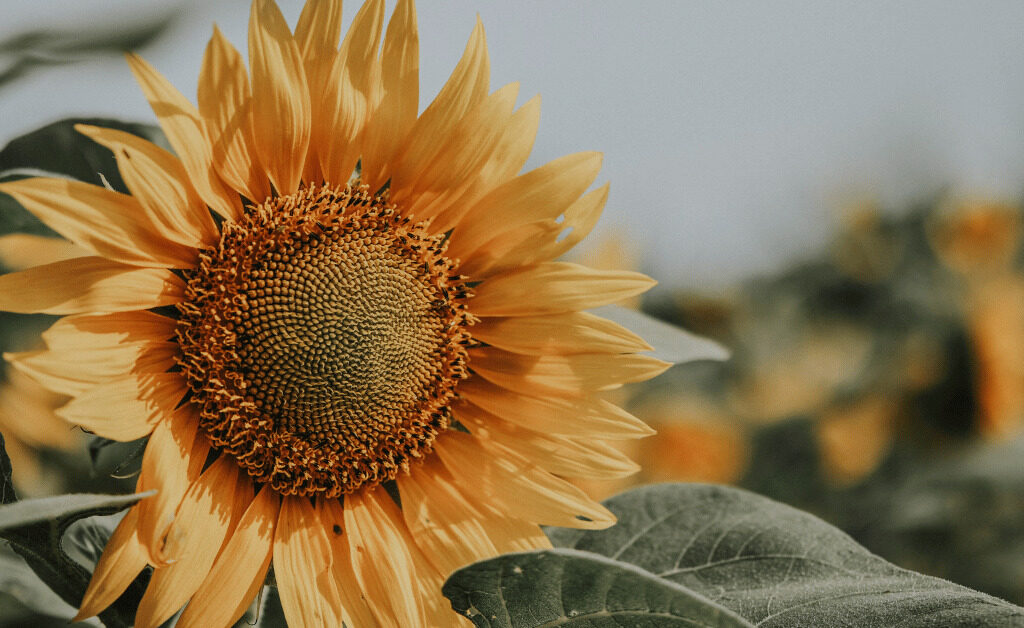
Sunflowers, with their towering stems and vibrant yellow petals, are more than just a visual spectacle in your garden. These radiant blooms serve dual roles that are indispensable to both the soil and the ecosystem. As nature’s soil engineers, sunflowers have a unique ability to improve soil health, making them a gardener’s ally in sustainable agriculture. Simultaneously, their large, nectar-rich flowers act as powerful pollinator magnets, attracting a variety of beneficial insects that help your garden thrive.
Sunflowers as Soil Engineers
Sunflowers are not just a feast for the eyes; they are also soil engineers that play a crucial role in sustainable agriculture. These vibrant plants have a unique set of characteristics that make them indispensable for soil health. Let’s delve into the fascinating world of sunflowers and their impact on soil.
Deep Root Systems
One of the most remarkable features of sunflowers is their deep root system. These roots can extend several feet into the ground, providing multiple benefits for soil structure. Deep roots help in preventing soil erosion, especially in areas prone to heavy rainfall or wind. They act as natural anchors, holding the soil together and reducing runoff.
Moreover, deep roots are excellent at breaking up compacted soil layers, thereby improving soil aeration. This is particularly beneficial for other plants in the garden, as well-aerated soil allows for better water infiltration and root penetration.
Nutrient Cycling
Sunflowers are also champions when it comes to nutrient cycling. Their deep roots can access nutrients from deeper soil layers that are often unreachable for other plants. Once these nutrients are absorbed by the sunflower, they are eventually returned to the soil when the plant dies and decomposes, thereby contributing to soil fertility.
Nutrient cycling is a vital aspect of soil health and is closely related to sustainable agriculture. According to a 2020 study, soil health is essential for agricultural sustainability, and nutrient cycling is one of its main components.
Natural Soil Remediation
Sunflowers have another ace up their sleeve: phytoremediation. This is the process where plants remove toxins, heavy metals, and other pollutants from the soil. Sunflowers are particularly effective at extracting lead, arsenic, and other harmful substances, making them ideal for planting in contaminated areas.
While the specific role of sunflowers in phytoremediation is still under research, the concept of using plants for soil remediation is well-established. Soil health is a complex system involving multiple factors, including microbial activity and nutrient cycling.
The Role of Microorganisms
Soil health is not just about the plants; it’s also about the microorganisms that inhabit it. Sunflowers contribute to a healthy soil microbiome by fostering a conducive environment for beneficial bacteria and fungi. These microorganisms play a crucial role in nutrient cycling, organic matter decomposition, and even plant health.
A 2021 study highlighted the association of soil properties with changes in bacterial, fungal, and fauna communities.
“Association of biochar properties with changes in soil bacterial, fungal and fauna communities and nutrient cycling processes”
Soil Microorganisms and Their Roles
The study emphasized the critical roles that soil microorganisms play in various soil processes. These include soil nutrient cycling, carbon sequestration, fertility maintenance, and even crop health and production. Soil bacteria, fungi, and microscopic fauna (like nematodes) are key players in these processes. For instance, bacteria are primarily responsible for most soil nutrient cycles, such as carbohydrate metabolism, carbon fixation, nitrification, denitrification, and phosphorous solubilization.
Biochar and Soil Health
The study particularly focused on the effects of biochar on soil microbial communities. Biochar is a solid product formed by pyrolyzing biomass under specific conditions. It has a range of physicochemical properties that can directly or indirectly affect soil microbial growth, diversity, and community compositions. The study found that the porous structure, labile carbon, high pH, and electrochemical properties of biochar play a significant role in determining soil microbial abundance and communities.
Soil Fauna and Microbial Communities
Soil fauna, another major component of soil food webs, are consumers of bacteria, fungi, algae, and nematodes. They can exert top-down control effects and are affected by both soil properties like moisture, clay content, and nutrient status, as well as associated bacterial and fungal communities. Any changes in soil properties would alter the microbial abundance, diversity, and communities and their related functions.
Implications for Sunflowers and Soil Health
While the study did not specifically focus on sunflowers, its findings underscore the importance of plants in shaping the soil microbiome. Sunflowers, with their deep roots and nutrient-cycling abilities, could potentially influence these microbial communities in a way that enhances soil health. This is particularly relevant for gardeners interested in sustainable agriculture and eco-friendly practices.
By understanding the intricate relationships between soil properties and microbial communities, we can better appreciate the role of plants like sunflowers in this complex system.
Practical Implications for Gardeners
For gardeners interested in eco-friendly practices, especially those in USDA Zone 7 and Scandinavian climates, sunflowers are a must-have. They are relatively easy to grow and require minimal care, making them suitable for both beginners and seasoned gardeners.
When planting sunflowers, consider the following tips:
- Choose a sunny spot with well-drained soil.
- Test the soil pH; sunflowers prefer slightly acidic to neutral soil (pH 6-7).
- Water regularly but avoid waterlogging the soil.
Sunflowers are indeed nature’s soil engineers. Their deep roots, nutrient cycling abilities, and role in phytoremediation make them indispensable for sustainable agriculture and healthy gardens. So the next time you plant a sunflower, know that you’re doing much more than adding beauty to your garden; you’re also contributing to a healthier planet.
Practical Tips for Growing Sunflowers
Choosing the Right Variety
Sunflowers come in a plethora of varieties, each with its own unique characteristics. Some are tall and majestic, reaching heights of up to 12 feet (approximately 3.7 meters), while others are dwarf varieties that grow to a modest 2-3 feet (approximately 0.6-0.9 meters). When choosing a variety, consider the following:
- Climate Compatibility: Some varieties are better suited for specific climates. For gardeners in USDA Zone 7 and Scandinavian climates, look for varieties that can withstand cooler temperatures.
- Space Considerations: If you have limited space, dwarf varieties like ‘Teddy Bear’ or ‘Sunny Smile’ are excellent choices.
- Purpose: Are you growing sunflowers for their seeds, for cut flowers, or primarily for soil health and pollinator attraction? Choose a variety that aligns with your gardening goals.
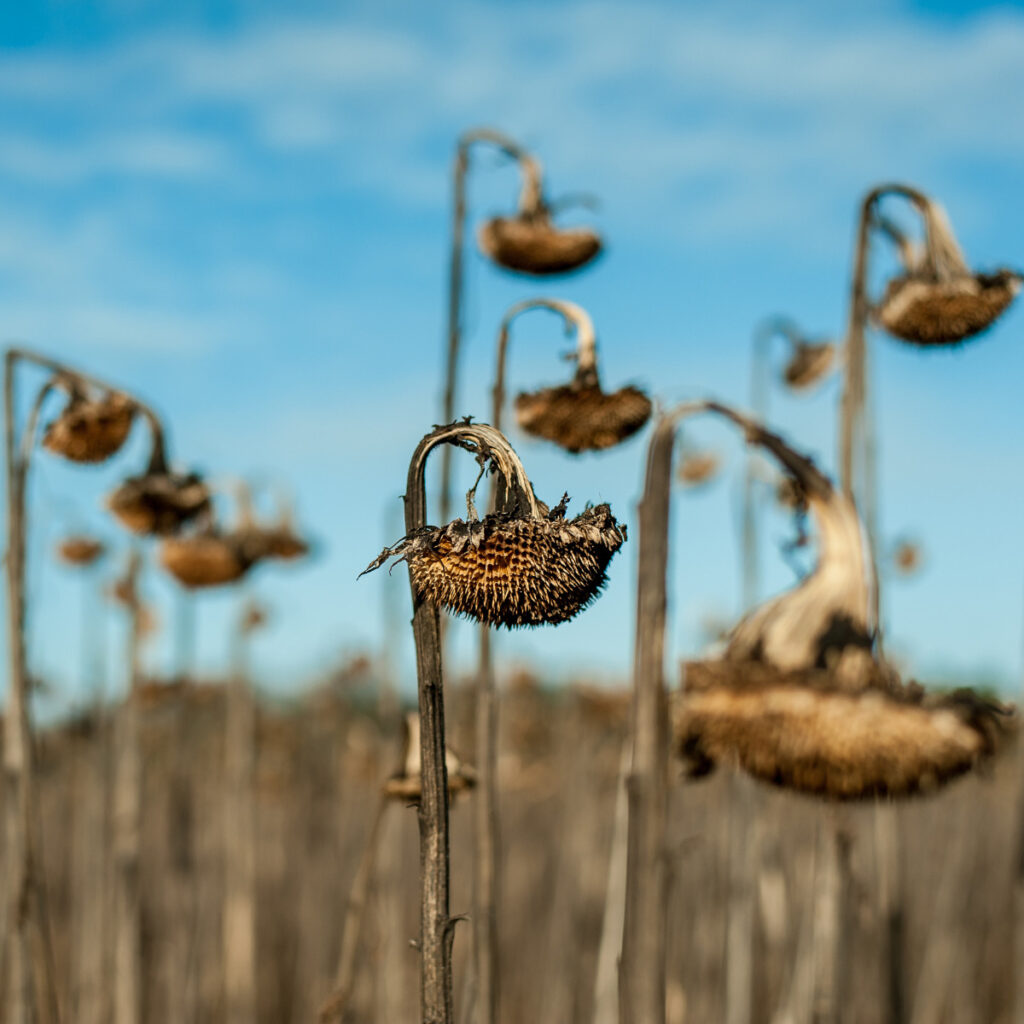
Soil and Water Requirements
Sunflowers are relatively forgiving when it comes to soil and water conditions, but they do have some preferences:
- Soil pH: Sunflowers thrive in slightly acidic to neutral soil with a pH range of 6-7. You can test your soil’s pH with a simple kit available at most garden centers.
- Soil Texture: Well-drained, loamy soil is ideal. If your soil is too clayey or sandy, consider amending it with organic matter to improve its texture.
- Watering: Sunflowers need regular watering, especially during their growth phase. However, they are also drought-tolerant to some extent. Aim for about 1 inch (approximately 2.5 cm) of water per week, either from rainfall or supplemental watering.
Companion Planting
Companion planting is a practice that can benefit your sunflowers as well as other plants in your garden. Here are some plants that make good companions for sunflowers:
- Cucumbers: Sunflowers can act as natural trellises for cucumber vines.
- Corn: Sunflowers can provide some shade and wind protection for corn stalks.
- Nasturtiums: These flowers (Tropaeolum majus) can help deter aphids and other pests, offering natural protection for your sunflowers.
Pest and Disease Management
While sunflowers are relatively hardy, they are not entirely immune to pests and diseases:
- Pests: Aphids and spider mites can sometimes be a problem. Consider using organic insecticides or introducing natural predators like ladybugs.
- Diseases: Sunflowers are susceptible to fungal diseases like downy mildew. Ensure good air circulation and avoid overhead watering to minimize disease risk.
By following these practical tips, you can enjoy the multiple benefits that sunflowers bring to your garden, from soil health to pollinator attraction.
Environmental and Sustainability Considerations
Eco-Friendly Practices
Sunflowers are not just beautiful and beneficial for soil health; they also align well with eco-friendly gardening practices. Here are some ways to ensure your sunflower gardening is as sustainable as possible:
- Organic Fertilizers: Sunflowers aren’t particularly fussy about soil, but if you do choose to fertilize, consider using organic options like compost or well-rotted manure.
- Natural Pest Control: Instead of reaching for chemical pesticides, try natural methods. For example, introducing ladybugs can help control aphid populations.
- Water Conservation: While sunflowers do enjoy a good drink, they are also relatively drought-tolerant. Consider using a drip irrigation system to minimize water usage.
Ethical Considerations
Being an ethical gardener involves more than just taking care of your plants; it’s also about how your gardening practices impact the broader ecosystem.
- Seed Sourcing: Always try to source your sunflower seeds from responsible vendors who can confirm that their seeds are non-GMO and sustainably harvested.
- Local and Native Varieties: Whenever possible, opt for local or native sunflower varieties. These plants will be better adapted to your local climate and soil conditions, and they’re also more likely to attract native pollinators.
Importance in Food Forest Gardening and Hugelkultur
Sunflowers can play a significant role in specialized gardening practices like food forest gardening and hugelkultur:
- Food Forests: In a food forest, sunflowers can serve as the “canopy layer,” providing shade and wind protection for smaller plants below. Their deep roots also help improve soil structure, benefiting the entire plant community.
- Hugelkultur: In this form of raised-bed gardening, sunflowers can be particularly effective. Their deep roots are excellent for stabilizing the mound and drawing up nutrients from below, enriching the topsoil in the process.
By considering these environmental and sustainability aspects, you can make your sunflower gardening not just a joy for yourself but also a positive force for the planet.
Conclusion
Sunflowers are far more than just a pretty face in the garden; they are true multitaskers that contribute to both soil health and ecosystem diversity. As nature’s soil engineers, they improve soil structure, foster nutrient cycling, and even aid in natural soil remediation. Their large, nectar-rich blooms are irresistible to a variety of pollinators, making them a vital component in any biodiverse garden.
Practical considerations for growing sunflowers range from choosing the right variety to understanding their soil and water needs. Companion planting and natural pest control methods can further enhance their growth and benefits. Moreover, sunflowers fit seamlessly into broader environmental and sustainability goals, from ethical seed sourcing to their role in specialized gardening practices like food forest gardening and hugelkultur.
Incorporating sunflowers into your garden is not just an aesthetic choice but a step towards more sustainable and responsible gardening. Whether you’re a novice gardener planting your first seed or a seasoned horticulturist, sunflowers offer something for everyone. Their beauty is more than petal-deep; it extends into the very health of the earth and the ecosystems we strive to protect.
By embracing the many roles of sunflowers, you’re not just adding a splash of color to your garden; you’re contributing to a healthier, more sustainable world.
Want to Dive Deeper into Soil Health?
If you found our article on sunflowers as soil engineers and pollinator magnets fascinating, you’ll love our piece on indicator plants. Learn how certain plants can serve as natural barometers for soil health, giving you valuable insights into your garden’s needs. Don’t miss out on this opportunity to become a more informed and sustainable gardener. Read “What Are Indicator Plants and What Can We Learn from Them?” now!
